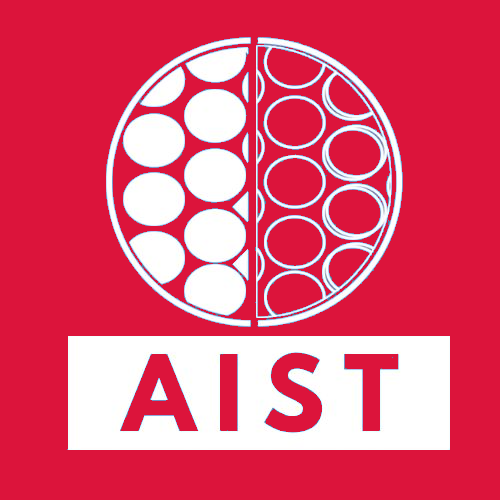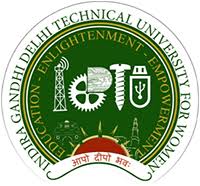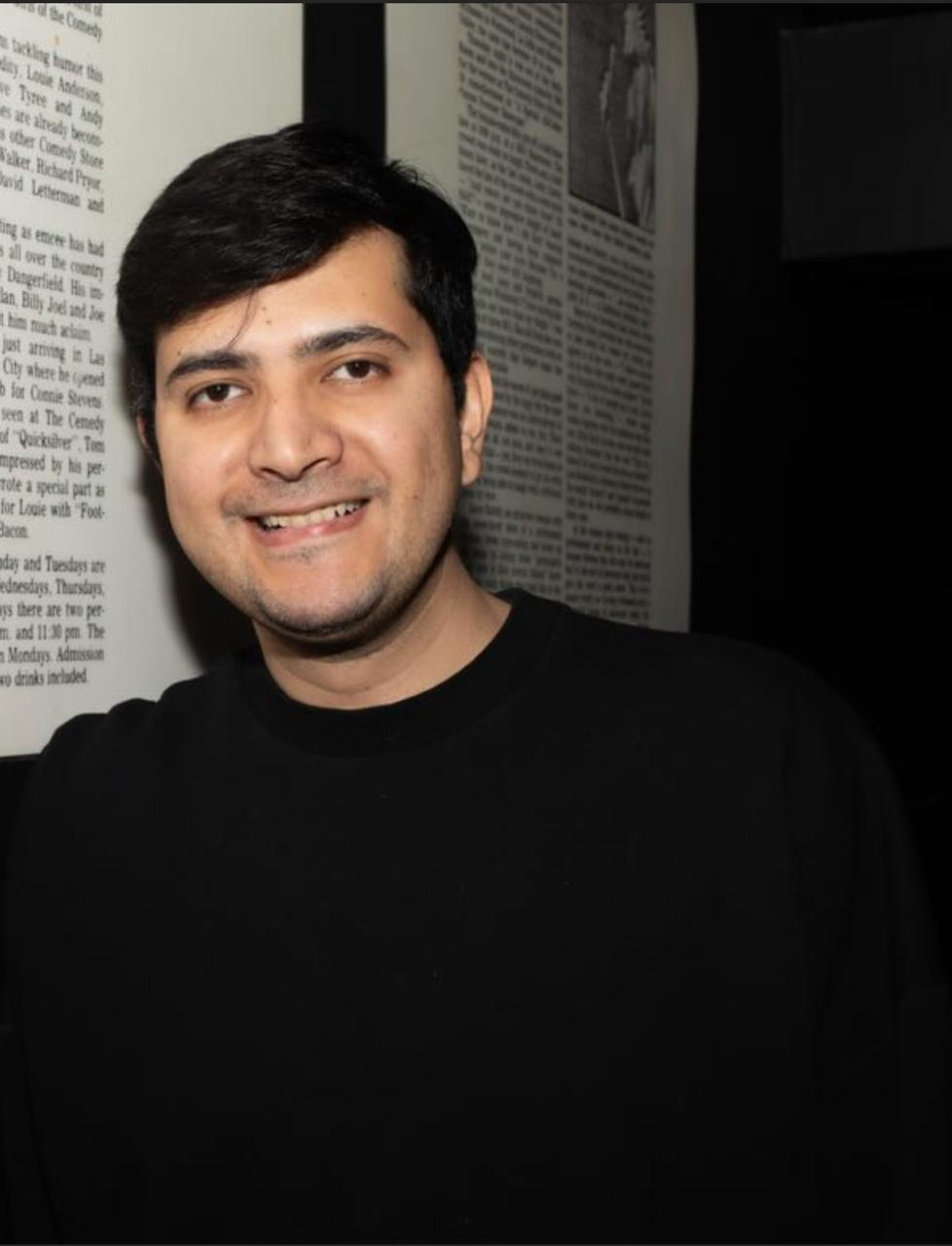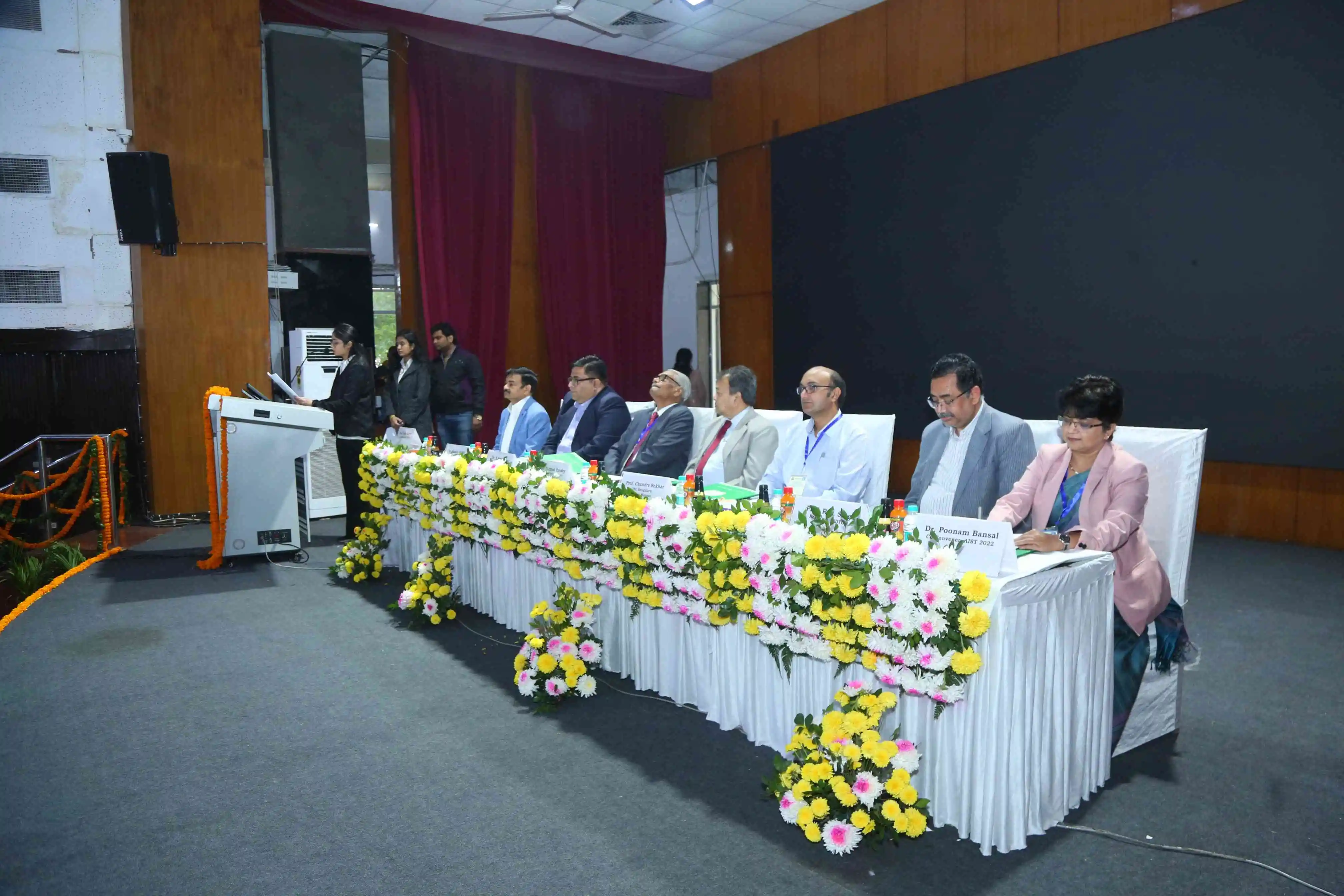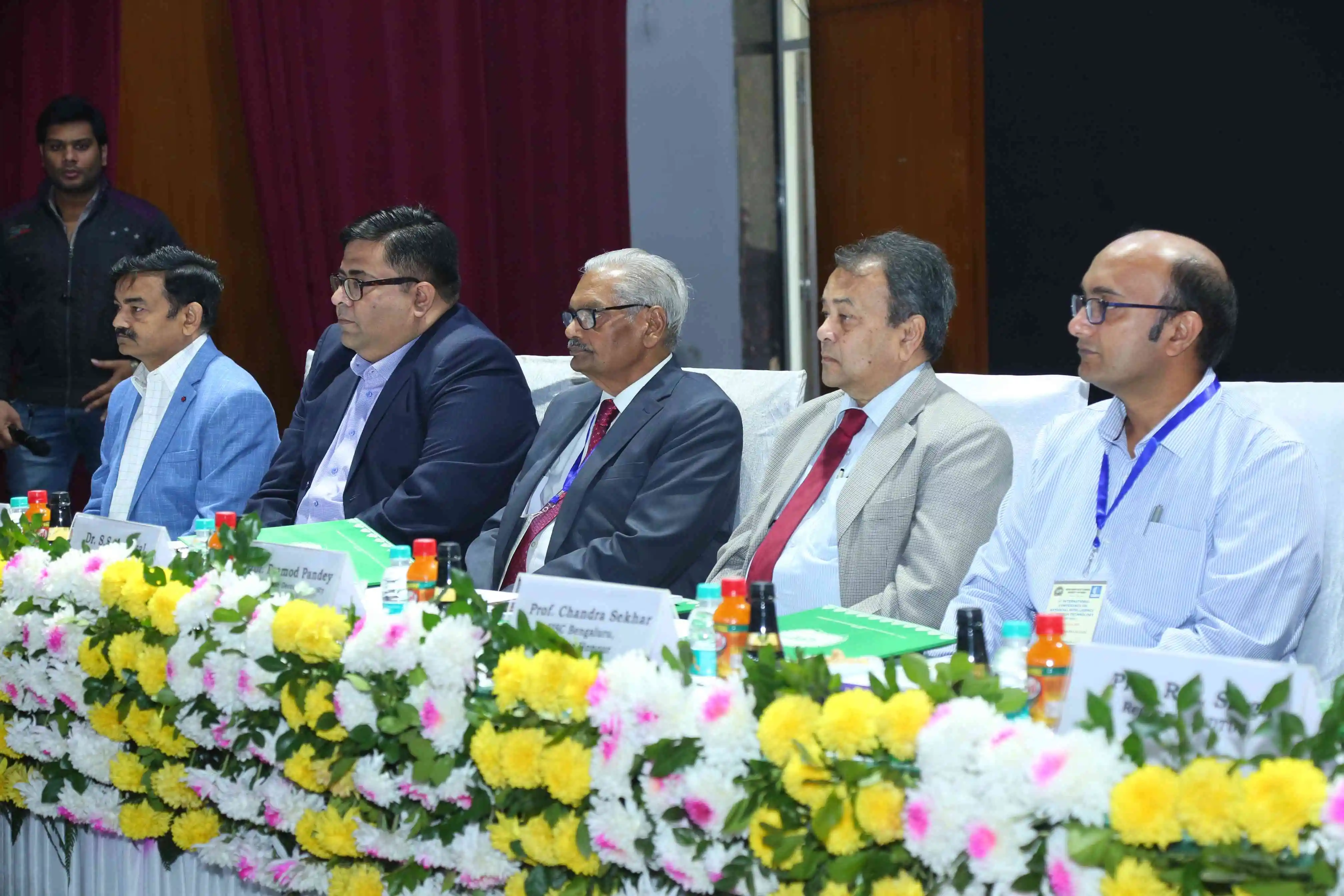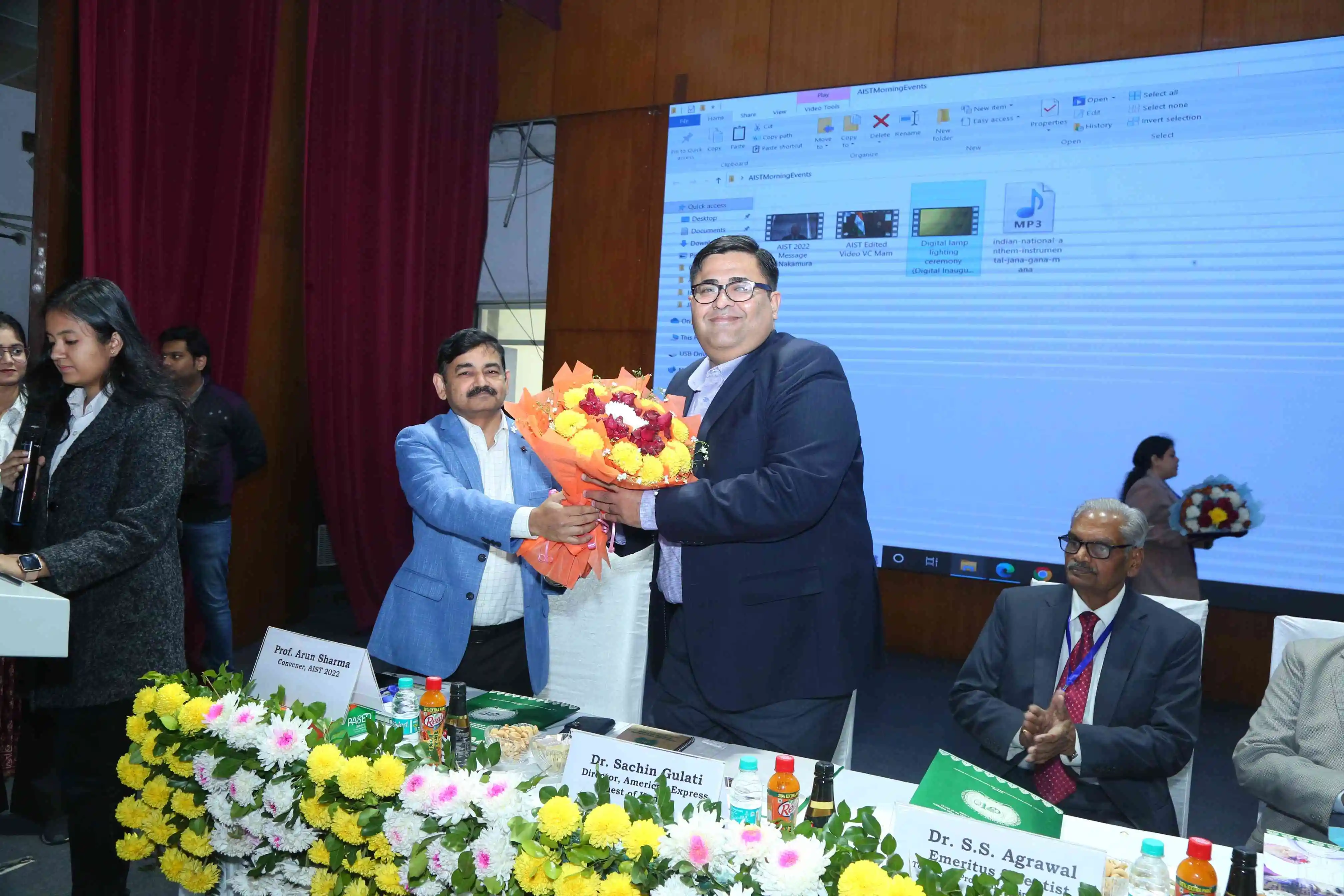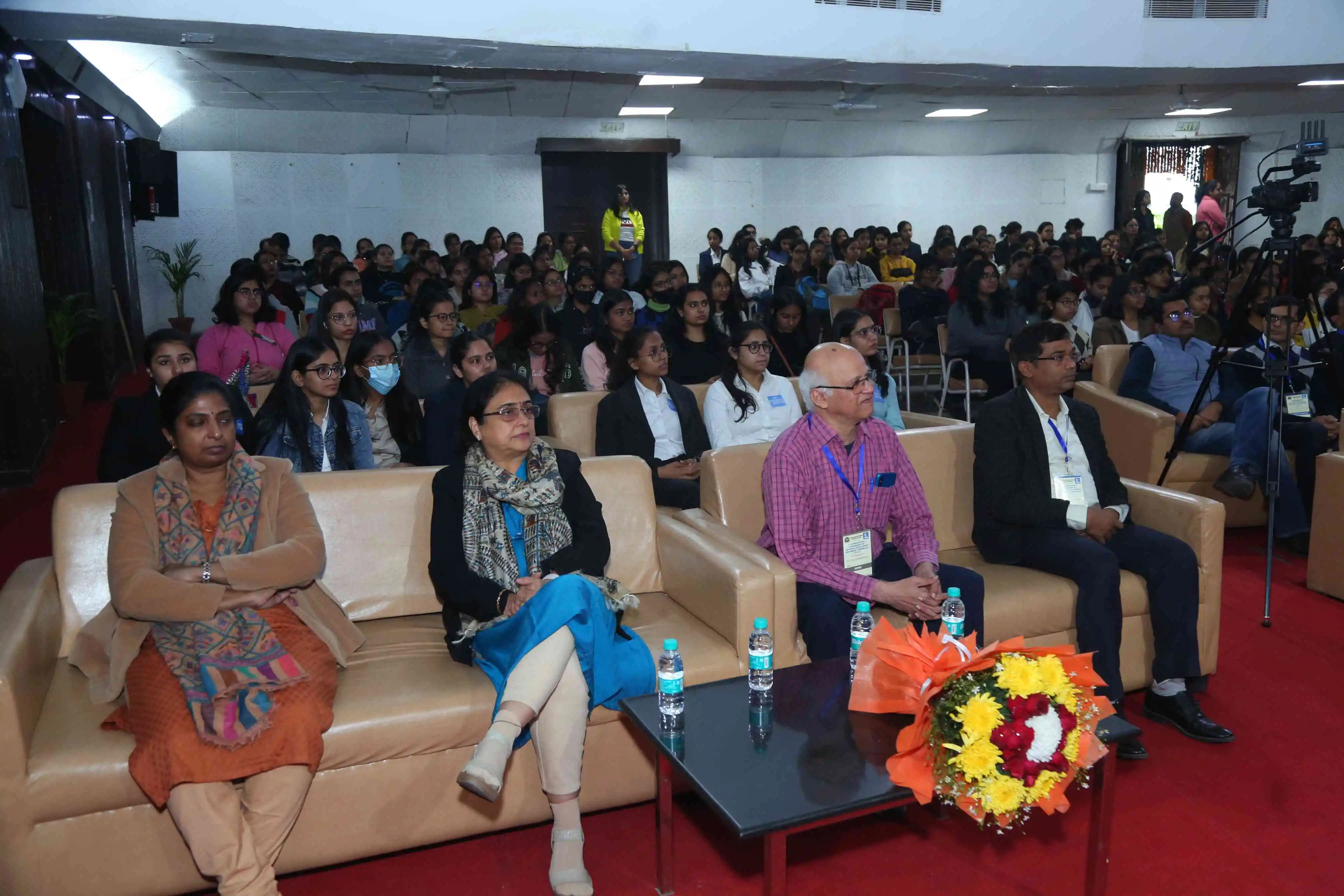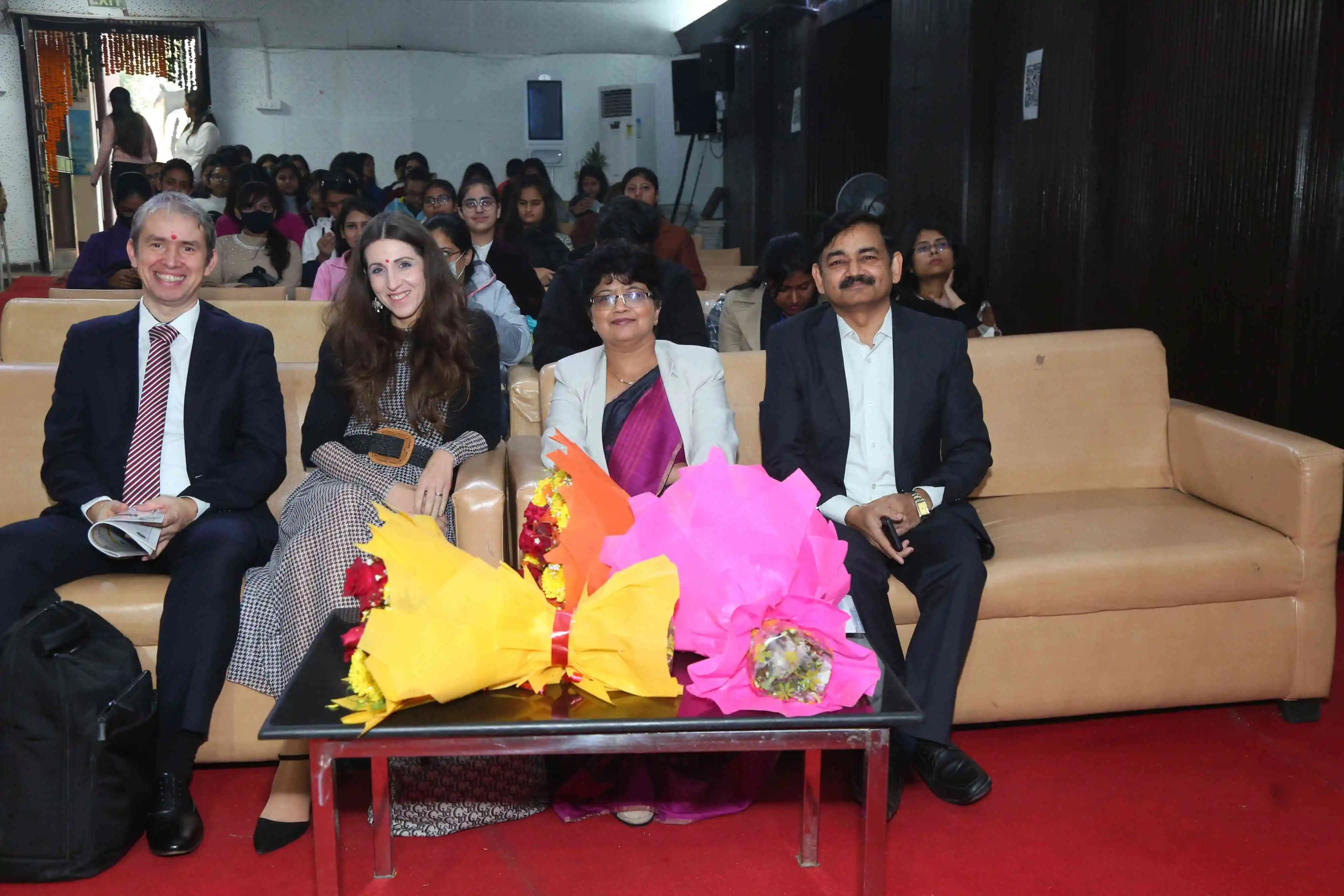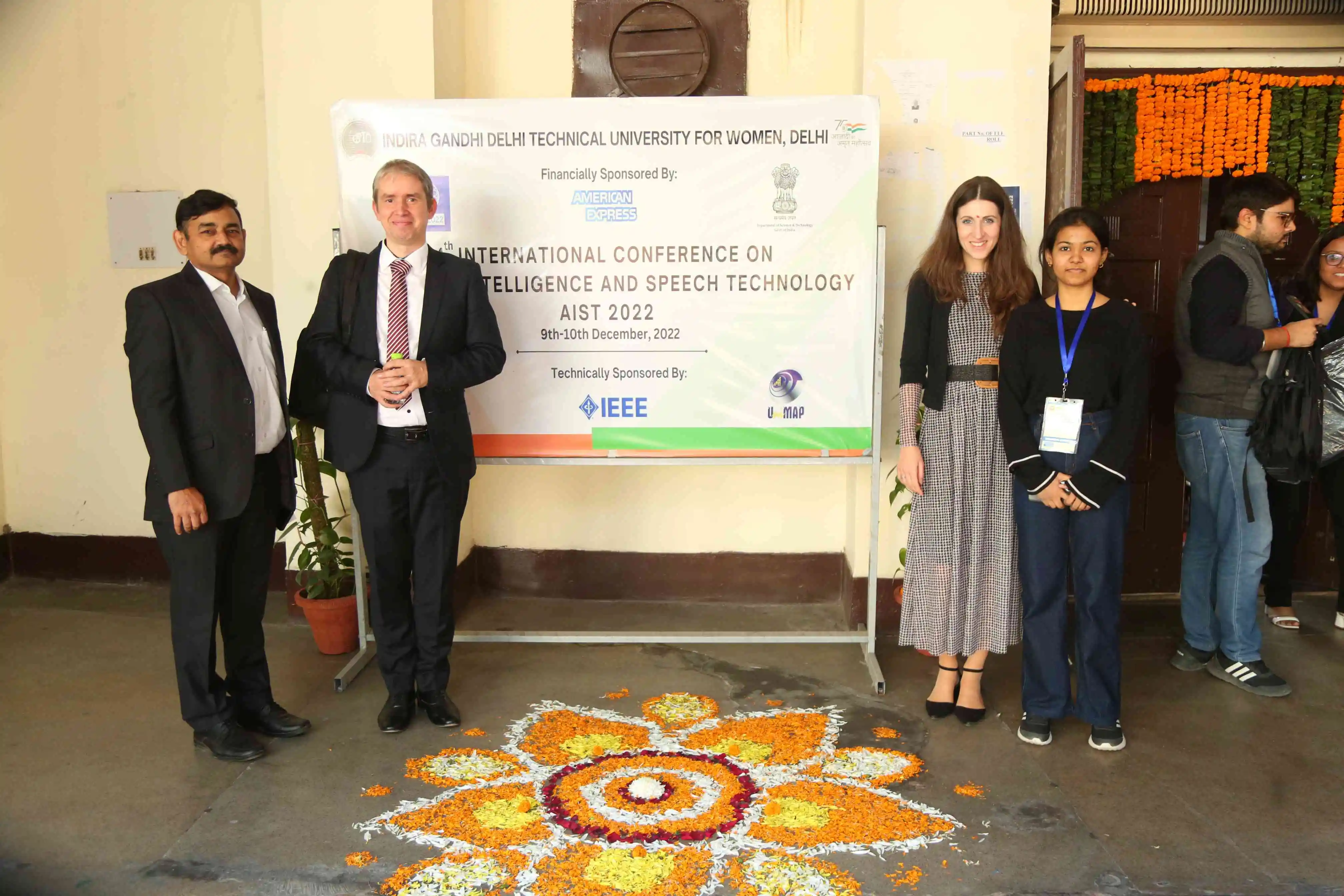Dr. Abha Goel, GGSIPU,
Dr. Abha Goel, GGSIPU, India
Dr. Abdul Salam Shah Sayed, Taylor’s University, Malaysia
Dr. Abhinav Kumar, IIT Ropar
Dr. Adesh Pandey, KIET, Ghaziabad, India
Dr. Ahmed A. Elngar, Beni-Suef University, Egypt
Dr. Alexey Karpov, SPIIRAS, Russia
Dr. Anand Nayyar, Duy Tan University, Vietnam
Dr. Anbuselvan Sangodiah, Taylors University, Malaysia
Dr. Anuj Sharma, Punjab University, Chandigarh, India
Dr. Anup Girdhar, Sedulity Solutions, Delhi, India
Dr. Annu Dabas, BVPEC, India
Dr. Aruna Bhatt, DTU, New Delhi, India
Dr. Arun Garg, Ramanujan College, Delhi, India
Dr. Arun Kumar, IIIT-Delhi, India
Dr. Arun Solanki, GBU, India
Dr. Ashish Seth, Inha University, Tashkent
Dr. Ashwani Kumar, IGDTUW, Delhi, India
Dr. Awaneesh Kumar, IIT Mandi
Dr. Bhojan Anand, Singapore University
Dr. Biplob Ray, CQ University Australia, Melbourne, Australia
Dr. Bin Ma, Institute for Infocomm Research, Singapore
Dr. Bharti Suri, GGSIPU, India
Dr. Brajesh Singh, G L Bajaj Institute of Technology and Management, India
Dr. Burlea Schiopoiu Adriana, University of Craiova, Romania
Dr. Claudia Soria, ILC-CNR, Italy
Dr. Chandra Prakash, Surathkal, Delhi, India
Dr. Chandra Sekhar, IISC Bengaluru, India
Dr. Chiu-yu Tseng, Academia Sinica, Taiwan
Dr. Deepak Jain, NIC, India
Dr. Deepak Mohapatra, NIT Rourkela, India
Mr. Deeptanshu Jha, Alexandria Technology, New York, USA
Dr. Deepti Mehrotra, JIIT, India
Dr. Durga Toshniwal, IIT Roorkee, India
Dr. Emmanuel Dupoux, EHESS-ENS, France
Dr. Etienne Barnard, NWU, South Africa
Dr. Eric Castelli, MICA, Vietnam
Dr. Garima Jaiswal, Bennett University, Greater Noida, India
Dr. Gagan Tiwari, Chandigarh University, Punjab, India
Dr. Geeta Sharma, Mewar University, Rajasthan, India
Dr. Geeta, IIT Ropar
Dr. Gabriella Casalino, University of Bari Aldo Moro, Italy
Prof. Goh Wei Wei, Taylor’s Unversity, Malaysia
Dr. G.S. Lehal, Punjabi University, India
Dr. Gurpreet Singh Lehal, Punjabi University, India
Dr. Helmy Abd Wahab University Tun Hussein Onn Malaysia
Dr. Hiroya Fujisaki, Tokyo University, Japan
Dr. Himanshu Gupta, Punjab University, India
Dr. Hsin-Min Wang, IIS, Academia Sinica, Taiwan
Dr. Iftekhar Raza Khan, Jamia Hamdard University, India
Dr. Ing. Gianluca Valentino, University of Malta
Dr. Ing Tiziana MARGARIA, University of Limerick, Ireland
Dr. Jagadeesh Kadiyam, IIT Mandi, India
Dr. Jasdeep Kaur Dhanoa, IGDTUW, India
Dr. Jianhua Tao, Chinese Academy of Sciences, China
Dr. JK Misra, NSUT, India
Dr. Kamini Malhotra, SAG, DRDO, India
Dr. Kanwal Inderjeet Gagneja, Florida State University, USA
Dr. Kumkum Garg, IIT Roorkee, India
Dr. Laxmi Ahuja, Amity University, India
Dr. Laurent Besacier, Principal Scientist, Naver Labs Europe, France
Dr. Lori Lamel, LIMSI, France
Dr. Mani Madhukar, IBM India Pvt. Ltd, India
Dr. Marcin Paprzycki, Polish Academy of Sciences, Poland
Dr. Mala Saraswat, Bennett University, Greater Noida, India
Dr. Mamta Mittal, Delhi Skill and Entrepreneurship University, Delhi, India
Dr. Manas Alam, Jamia Millia Islamia, New Delhi, India
Dr. Milan Stehlik, John Kapler University, Austria
Dr. Miodrag Potkonjak, Computer Science Department UCLA
Dr. Mohsen Marjani, Taylors University
Dr. Monika Mehrotra, Jamia Millia Islamia, New Delhi, India
Dr. Mrinmoy Bhattacharjee, IIT Jammu
Dr. Mudasir Ganaie, IIT Ropar
Dr. Narayan Choudhary, Department of Higher Education, Ministry of Education, GOI
Dr. Naveen Kumar, Delhi University, India
Dr. Navid Ali Khan, Taylors University, Malaysia
Dr. Nidhi Bisla, O P Jindal University, Sonipat, India
Dr. Nidhi Goel, IGDTUW, India
Dr. Nick Campbell, Trinity College Dublin, Ireland
Dr. Omar Farooq, AMU, India
Dr. O P Sangwan, GJU Hisar, India
Dr. Palak Handa, Research Center for Medical Image Analysis and AI, Austria
Dr. P.C. Ching, Chinese University of Hong Kong, China
Dr. P. K. Dass, IIT Guwahati, India
Dr. P. K. Saxena, PSA, PMO, India
Dr. Pawan Bhutani, AKGEC, India
Dr. Priyankoo Sarmah, IIT Guwahati, India
Dr. Pooja, Sharda University, India
Dr. Pradeep Sharma, MANNU, Hyderabad, India
Dr. Pradeep Tomar, GBU, India
Dr. Pramod Yadav, NIT Srinagar, India
Dr. Pratishtha Mathur, Sikkim Manipal Univ, Jaipur, India
Dr. Rajesh Bhatia, PEC University, Chandigarh, India
Dr. Rajesh Kumar, Thapar University, India
Dr. Rajesh Tyagi, SRM University NCR, India
Dr. Rajkumar Buyya, The University of Melbourne, Australia
Dr. Rabins Porwal, CSJM University, Kanpur, India
Dr. Rashmi Gandhi, Amity University, Noida, India
Dr. Rajiv Kumar, Thapar University, India
Dr. Ruchika Bala, IPEC, Ghaziabad, India
Dr. Sanjeev Sofat, PEC University, Chandigarh, India
Dr. Sanjay Dwivedi, BBAU, Lucknow, India
Dr. Sanjay Singla, Chandigarh University, Punjab, India
Dr. Sann Su Su Yee, University of Computer Studies, Yangon, Myanmar
Dr. Sakriani Sakti, NAIST, Japan
Dr. Savita Gupta, Punjab University, IGDTUW
Dr. Sarada Prasad, IIT Jammu
Dr. Sebastian Stüker, KIT, Germany
Dr. Senthil P, SRM University Chennai, India
Dr. Shaik Shabana Anjum, Taylors University, Malaysia
Dr. Shraddha Sagar, Galgotias University, India
Dr. Shyla Singh, GGSIPU
Dr. Sandeep Chauhan, Bank of America, Hyderabad
Dr. S. K. Jain, Director General, CFSL, India
Dr. S. K. Shrivastava, Head-TDIL, DRDO, India
Dr. Sangeeta Arora, AKTU Lucknow, India
Dr. Sardar M. N. Islam (Naz), ISILC, Victoria University, Melbourne, Australia
Dr. Sourav Dutta, IIT Mandi
Dr. Syed Hussain, ULAB, Bangladesh
Dr. Syed Zulkarnain Idris, Universiti Malaysia Perlis, Malaysia
Dr. Sunil Tyagi, Directorate of Naval Design (SDG), IHQ MOD (Navy) Delhi, India
Dr. Subhash Bhalla, Professor, University of Aizu, Japan
Dr. Subramaniam Ganesan, Oakland University Rochester, USA
Dr. Soobia Saeed, Taylor's University, Malaysia
Dr. Sourabh Bharti, Marie Skłodowska-Curie Fellow, Ireland
Dr. Sonika Dahiya, DTU, India
Dr. Suneet Gupta, Bennett University, Gr. Noida, India
Dr. Tanu Gupta, Delhi
Dr. Vineet Kansal, AKTU, Lucknow, India
Dr. Vinod Shukla, Amity University, Dubai
Dr. V. P. Vishwakarma, GGSIPU, India
Dr. Yudong Zhang, School of Computing and Mathematical Sciences, Univ. of Leicester, UK
Dr. Win Pa Pa, UCS Yangon, Myanmar
Dr. Vishal Bhatnagar, NSUT, Delhi, India
Dr. Vijai Kumar, Ciena India, Gurugram, India
Dr. Zulkarnain Idris, Universiti Malaysia Perlis, Malaysia
